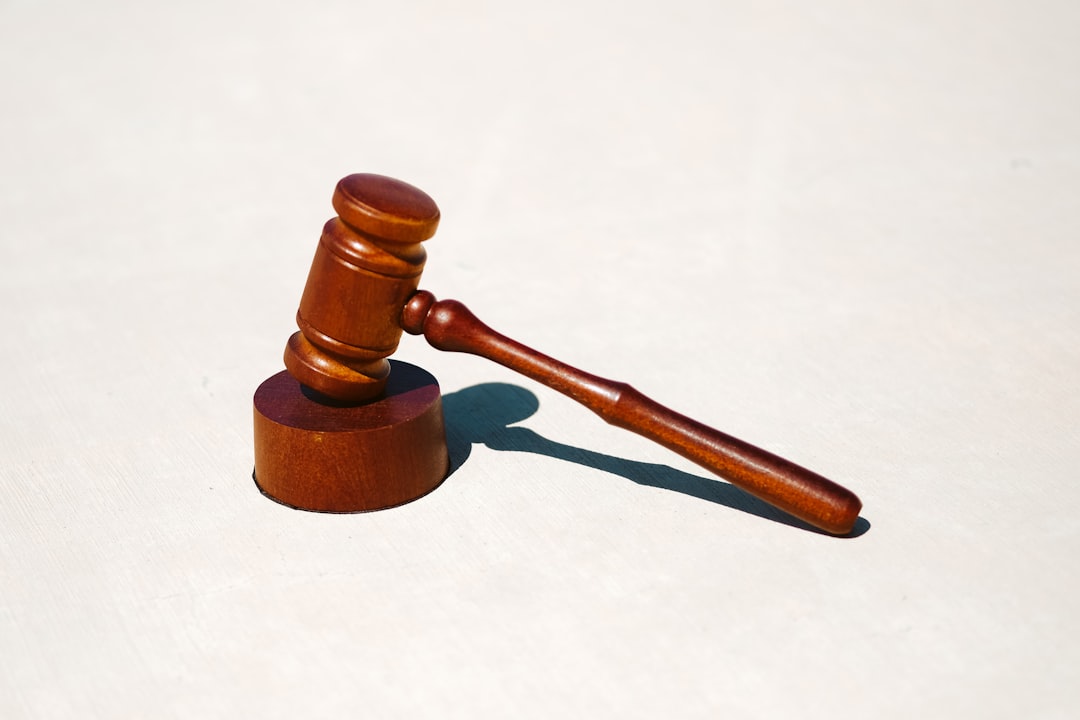West Virginia residents facing debt collection have protections under state and federal laws, including the Fair Debt Collection Practices Act (FDCPA). Consulting a lawyer for debt collector laws in West Virginia is advisable to ensure transparency, fairness, and adherence to guidelines. Debtors have rights to dispute debts, request validation, and protect personal information; collectors must notify debtors of their rights within five days. Legal counsel protects both parties by maintaining professional conduct, negotiating disputes, and taking legal action if needed. In aggressive collection situations, promptly involving a lawyer specializing in consumer debt rights is crucial for safeguarding against abusive practices and understanding financial obligations clearly.
Navigating debt collection can be overwhelming, especially in West Virginia where specific laws protect residents. This guide is designed to empower you with knowledge about the state’s debt collection guidelines. Understanding your rights under West Virginia laws is crucial when dealing with debt collectors. Learn how and when to involve a lawyer for debt collectors to ensure fair practices. Discover common mistakes to avoid and effective strategies to respond, empowering you to take control of your financial situation.
Understanding Debt Collection Laws in West Virginia

In West Virginia, both state and federal laws govern debt collection practices to protect residents from aggressive or unfair tactics. Understanding these regulations is crucial for anyone facing debt collection efforts. The Fair Debt Collection Practices Act (FDCPA) sets national standards for how debt collectors can interact with debtors, but West Virginia has its own specific laws that complement these federal guidelines.
When dealing with a lawyer for debt collector laws in West Virginia, residents should be aware of their rights. These include the right to challenge the validity of the debt and to request verification of the debt from the collector. Additionally, debt collectors must provide written notice within five days of initial contact, informing debtors of their rights under both state and federal law. This ensures a transparent and fair process for resolving debt-related issues.
Rights of West Virginia Residents During Debt Collection

West Virginia residents have specific rights and protections during debt collection processes, ensuring a fair and legal approach. According to state laws, debtors are entitled to be treated with dignity and respect. They have the right to request validation of the debt, meaning they can ask for proof and details about the amount owed. This process empowers individuals to ensure accuracy and prevent any errors or fraudulent activities.
Having a lawyer for debt collectors in West Virginia is crucial for both parties. For residents, legal representation ensures their rights are protected and helps them understand their options. Debt collectors benefit from a lawyer’s expertise, ensuring they adhere to state guidelines and maintain professional conduct. This relationship promotes a more transparent and mutually beneficial debt collection process.
When and How to Involve a Lawyer for Debt Collectors

If you’re a West Virginia resident facing persistent or aggressive debt collection efforts, knowing when to involve a lawyer can be crucial. While debt collectors have legal rights and procedures they must follow, consumers also have protections. A lawyer specializing in consumer debt rights under West Virginia laws can help ensure these rights are respected.
Seek legal counsel promptly if you receive threatening or abusive calls, if your personal information is mishandled, or if a collector uses illegal collection tactics. A lawyer can send cease and desist letters, negotiate with collectors on your behalf, and even file lawsuits against unfair debt collectors. They can also guide you through the process of challenging inaccurate debt claims, which could lead to debt verification and potential dismissal of the claim.
Common Debtor Mistakes to Avoid

Many people in West Virginia find themselves burdened by debt, which can lead to stress and a range of unwise financial decisions. To avoid exacerbating the situation, debtors should steer clear of several common pitfalls. One significant mistake is ignoring communication from debt collectors or lawyers for debt collectors. Refraining from all contact can cause delays in resolving the issue and potentially result in additional fees and charges.
Another error is failing to understand one’s rights as a debtor. West Virginia residents have protections under state and federal law, such as the Fair Debt Collection Practices Act (FDCPA). Being unaware of these rights might lead to unfair treatment or illegal collection tactics. It’s advisable to seek clarification from a qualified lawyer for debt collectors in West Virginia to ensure compliance with applicable laws and maintain a clear understanding of one’s financial obligations and options.
Effective Strategies for Responding to Debt Collectors

When faced with a debt collection situation, knowing how to respond effectively is crucial for West Virginia residents. One of the first steps is to verify the validity of the debt. Request written proof from the debt collector, including the original contract or agreement, and any documentation supporting the claim. This process helps ensure that you are actually liable for the debt and allows you to identify any potential inaccuracies. It’s important to act promptly; many states, including West Virginia, have laws that protect consumers from abusive debt collection practices.
Having a lawyer for debt collectors in West Virginia can be beneficial. Legal counsel specialized in this area can guide you through your rights and options, ensuring you understand the law as it pertains to debt collection. They can also help negotiate with collectors on your behalf, aiming to resolve the issue amicably or, if necessary, take legal action to protect your interests. Remember, staying calm and informed is key when dealing with debt collectors, and seeking professional advice can significantly impact the outcome of such situations.






